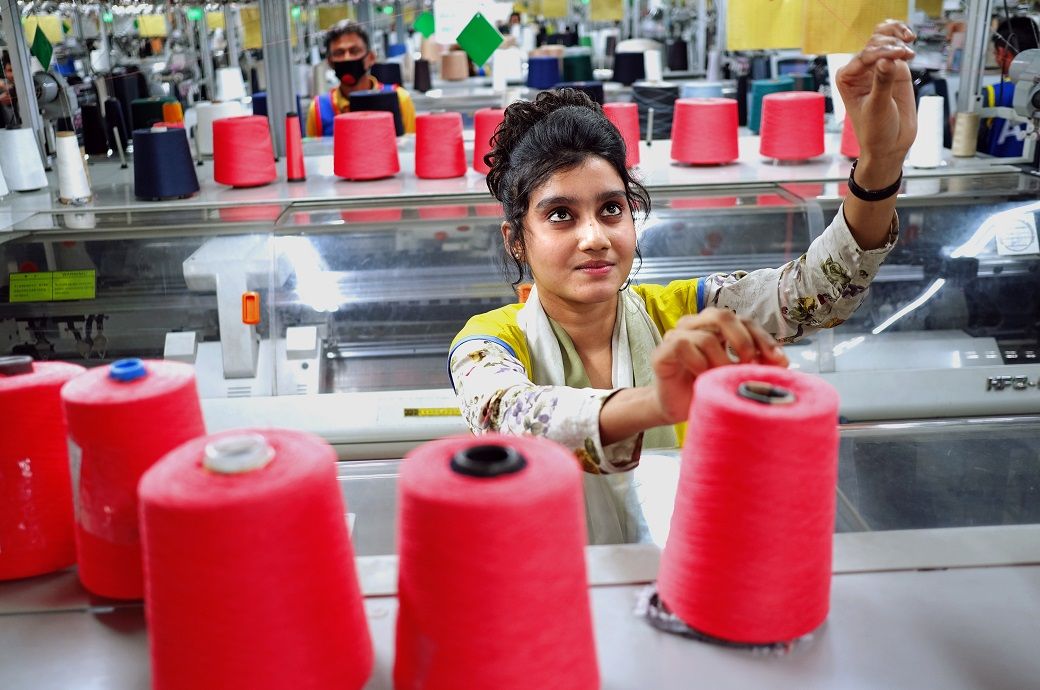
The majority of factories in Bangladesh selling to 24 of the largest global retailers report them paying the same prices almost two years on from the start of the pandemic, despite the cost of raw materials increasing, the survey by the University of Aberdeen and trade justice charity Transform Trade found.
Large numbers of high street fashion brands mentioned in the study, titled ‘Impact of Global Clothing Retailers’ Unfair Practices on Bangladeshi Suppliers During COVID-19’, were reported to be buying from factories facing rising costs for raw materials and nearly one in five struggling to pay the Bangladeshi minimum wage of £2.30 per day.
“Two years on from the start of the pandemic, Bangladeshi garment workers were not being paid enough to live on, with one in five manufacturers struggling to pay minimum wage while many fashion brands which use Bangladeshi labour increased their profits,” said project lead Muhammad Azizul Islam, professor in sustainability accounting and transparency at the University of Aberdeen Business School, in a press release from the university.
“Inflation rates soaring around the world are likely to have exacerbated this even further,” he added.
The survey also found that post-lockdown, garment factories only employed 75 per cent of the workers they had before, suggesting that up to 900,000 workers could have lost their jobs.
“When retailers treat suppliers badly by breaching previously arranged terms, it’s workers who suffer. If a retailer fails to pay the agreed amount, or delays payments, the supplier has to cut costs some other way, and this is frequently passed on to their workers, who have the least power in the supply chain. Reports of being rehired on worse pay and conditions, bullying and unpaid overtime are the predictable result. We need a fashion watchdog to regulate UK garment retailers, along the same lines as the existing supermarket watchdog,” said Fiona Gooch, senior policy advisor at Transform Trade.
Nearly two-thirds of the factories reported receiving some financial support from the Bangladesh government or Bangladeshi banks to remain afloat.
Of the brands listed in the report, 12 are members of the Ethical Trading Initiative which aims to promote workers’ rights around the world.
“Multi-million fashion brands are extracting their wealth from some of the world’s poorest countries in a form of 21st century neo-colonialism,” said Pamela Abbott, director of the Centre for Global Development at the university and co-investigator of the project.
“Because of the unequal power dynamic between the suppliers and buyers, none of the suppliers who reported illegal contract breaches in the survey took legal action to recoup their losses,” she added.
Fibre2Fashion News Desk (DS)